Flake, flakes, flaked, flaky ...
- rosemary
- Jan 22, 2021
- 7 min read

"People aren't really poor until they start using water on their corn flakes." Nancy Reagan
I have been much taken of late by the use of the word 'flakes' when referring to various trendy food items - like the Aleppo chilli flakes I talked about recently. So I thought I would try to work out why flakes are so 'in' and also just to see where it led me. And that quote at the top is appropriate for two reasons. One because 'trendy' most often means something expensive and therefore only available for the rich, and two because if you feed the word 'flakes' into Google Images you mostly get pictures of cornflakes. In fact when I started out on this I had not thought about cornflakes, so was a bit appalled at how my middle-class mind had ignored them.
It's sort of from the sublime (Aleppo chilli flakes) to the ridiculous (cornflakes) in a way isn't it? When I was a child we often had cornflakes for breakfast, which I had to crunch my way through without any liquid because at that time I just couldn't drink milk. I would throw it up. Dry cornflakes - a whole bowl full is not great. Add to that that I am not big into breakfast anyway and it was sort of torture. Which is interesting because crunchy is definitely the thing these days, often through the sprinkling of some kind of flake on to whatever you are eating.
Let's begin with some definitions:
"Flake - a small, flat, very thin piece of something, typically one which has broken away or been peeled off from a larger piece - I actually think this is not always so - sometimes it's the transformation of something from one shape into another - like cornflakes - or
a crazy or eccentric person - or
slang for cocaine - I'm not sure about the cocaine as I didn't see it anywhere else. Does cocaine come in flakes? I thought it was a powder. Flake can also be used as a verb of course - to flake which means breaking into flakes.
Flaked (of food) separated or cut into flakes or thin pieces.
To flake out, informal : to fail or neglect to do or participate in something previously scheduled, agreed upon, or assigned
flaky - breaking or separating easily into flakes - or
liable to act in an unconventional or eccentric way.
And add to all of these - flake the fish you get in fish and chip shops - in it's living form it's not flake of course, but a kind of shark.
Interesting that something so trendy - flakes of various kinds of foods - can also mean something so derogatory, even slightly mad. But then again perhaps there are elements of both in this trend.
Anyway I looked into all the different kinds of flakes that you can get. I hope this will not end up as a really boring list, but I was just a bit stunned by all the different kinds of flakes I found, some of which were completely new to me and some of which I just didn't think about because they were so obvious. A few are worth a post all of their own sometime.
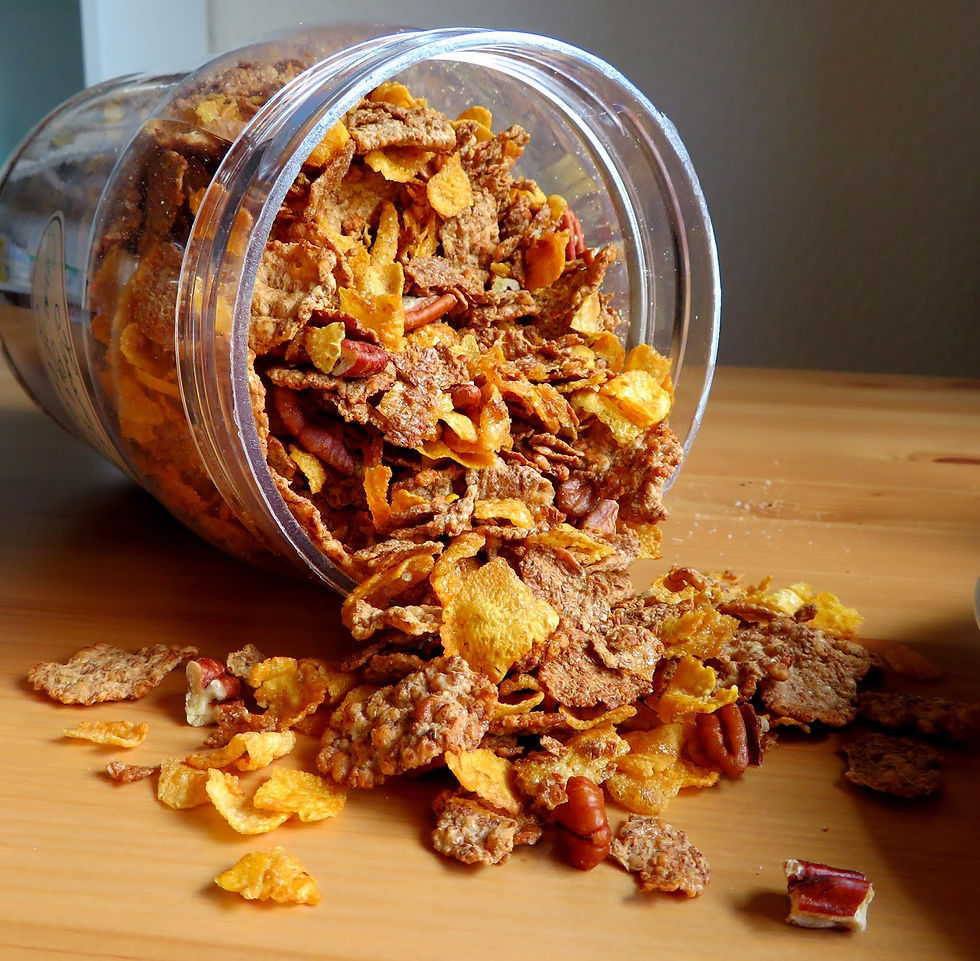
Having mentioned the cornflakes, lets begin with cereals. Virtually any kind of grain can be made into a flake. I had a quick look and I think that basically the grains are soaked and then rolled flat. There are blogs on how to make your own flaked grains but you need special equipment so I suspect only the truly dedicated would bother. I'm guessing also that once the grains are flattened then they are cooked to crisp them up. Because cereal flakes are crispy too aren't they? Maybe not. Here I confess complete ignorance because I am really not into cereals, although I do use rolled oats in crumbles and things. And I suppose they could be called flakes. Cereal flakes are the transformational kind of flake. They are not flaked off bits of something larger. Each one of the cereal flakes would be the seed of the grain would it not? So a cereal flake is just one form that the particular grain can take - from seed, to flour and everything else in between.
Then there other breakfast kind of flakes that also appear elsewhere in our cooking world - the first two here are obvious - almonds - always referred to as flaked rather than flakes, coconut and the other one is lupin, which is a legume apparently. I wonder if it's the same as the lupins we used to grow in our garden when I was a child. Worth a quick look sometime perhaps. I don't think you can buy lupin on its own in your local supermarket - it's just included in a lot of things. I had a quick look to see if there were other nuts that were flaked, but there really don't seem to be. Why? Surely you could flake hazelnuts for example. Maybe even peanuts. My guess - and it is a guess - on the formation of the almond flakes is that they are sliced somehow. And the coconut is perhaps put through some kind of grater?
Seaweed - oh seaweed definitely deserves a post of its own. But I easily found at least three - nori, dulse and aanori - all Japanese I think, although surely other cultures eat seaweed - the Welsh do I know.
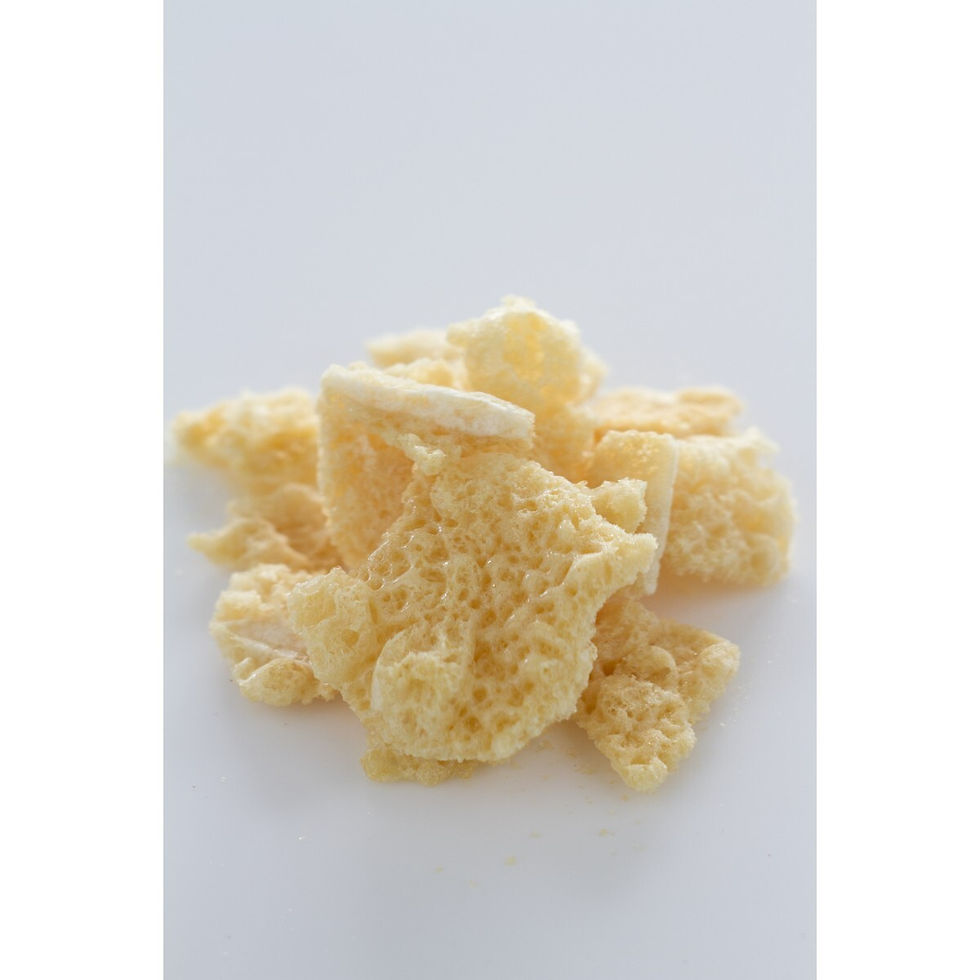
Not particularly enticing looking I have to say. But then I'm not big on Japanese food. And here are two more Japanese things. Yuzu juice flakes - I did a post on yuzu a while ago - it's a kind of citrus - but why would you freeze dry and then flake it? One site that sells it says they are "perfect as a garnish for sushi and sashimi." I just noticed that the same site has malt vinegar and soy sauce flakes too. So maybe flakes are an even bigger thing than I at first thought. I'm assuming they are all used as garnishes - sprinkled over things for that extra crunch.
The second of the Japanese things that I saw was bonito flakes - shown on the right below. The reason for the flake fillets in the same group is that bonito is a fish. Well we all know about flake, but I just had to include it. I wonder why it's called flake though? Surely it doesn't flake any more easily than any other fish. And have you noticed how the term 'flake' is creeping into recipes for fish and slow-cooked meat? Maybe it's going to overtake the 'pulled' thing. Bonito though. Why would you dry and flake it? Well it's another one of those flavour intensifiers - or flavour bombs as Yotam Ottolenghi calls them. It's crunched up and sprinkled on things or used like stock cubes to intensify the flavour of broths and stocks - dashi being the main one. So maybe bonito should have its day in the sun on this blog someday too.
Then there are the vegetables. Just about any kind of vegetable can be turned into flakes - basically dried and then flaked into pieces, and again used for extra flavour or crunch. The top three are onions, garlic and those chillies - below are generic red chilli flakes and green jalapeño ones as examples of a much wider range. But you seem to be able to get just about any vegetable in flake form these days, including potatoes. I gather that potato flakes are really old and were originally used for making mashed potatoes, but these days there are lots of inventive suggestions for using them. (Another time) The indigenous food industry is jumping on to the bandwagon too with saltbush flakes.
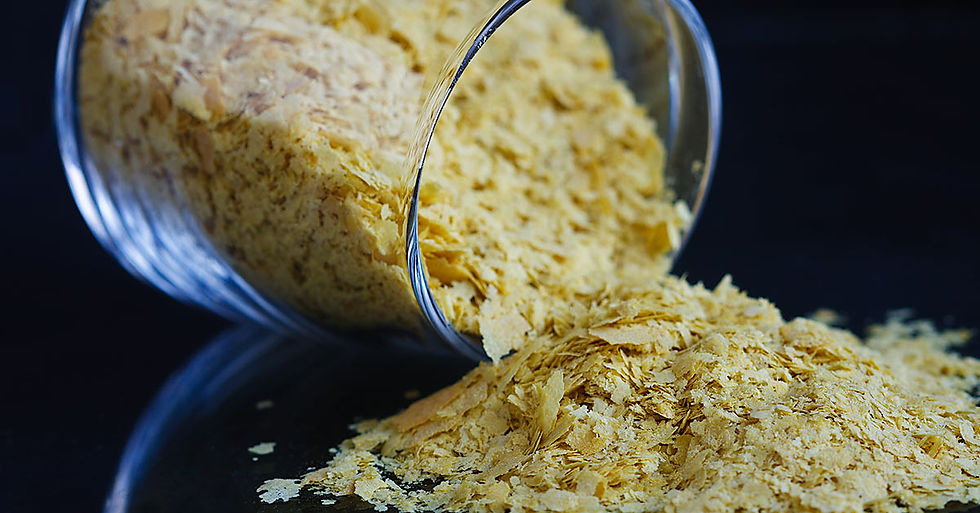
Turning to the vegans - there are yeast flakes which apparently are used in all sorts of ways in baking. I'm not quite sure why dry yeast wouldn't do and so maybe I should look into this some time as well. One for the health freaks I think.
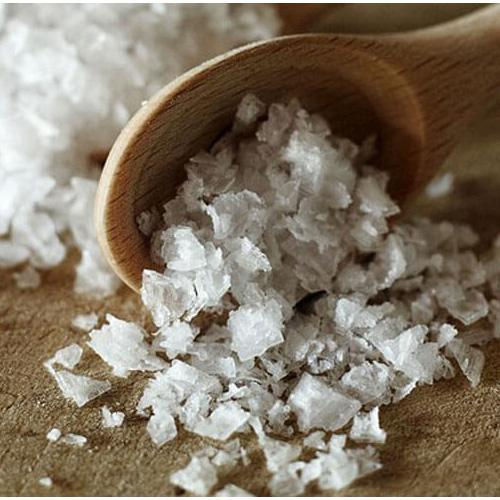
Now how could I forget sea salt flakes? They are beautiful things. I have a small container of some that look, even more flaky and translucent than these. They were given to me some time ago now - salt never goes off so I am safe - and I can hardly bear to use them, so I just get them out for special occasions when you need to have a small heap of salt next to some radishes for example. I daresay salt flakes come in all sorts of colours and flavourings as well. Mine are pure white.

Still on beauty - how could you forget gold flake? Well I nearly did. It seems that in 2019 gold flakes, in England I think, were very big. Mostly decorative on sweet things although the Indians use them over various pilaus and biryanis I think. I wonder whether the fad continued through COVID? Maybe a bit of bling would have cheered people up. But then it's probably not the kind of thing you can buy in your local supermarket - more what you would get served in a posh restaurant and they weren't operating of course.
I almost forgot - flaky pastry - a sort of poor man's puff pastry because it is so much easier to make. Delia has the perfect recipe. Next time you make sausage rolls try using flaky pastry instead of puff. It really is better.
Finally for a bit of indulgence and if you are poor - and coming back to the mundane, which is where we started you can do no worse than buy yourself a Cadbury Flake.

The one thing I found about this classic chocolate treat is that the chocolate may flake and seem to melt in your mouth but you can't actually melt a flake. That was what a lot of articles said anyway. One is tempted to try it sometime.
So there you go - foodie flakes. A trend, but with throwbacks to more restricted, poorer times. From cornflakes and potato flakes to gold flake and everywhere in between.
And I didn't really find out why they are so popular right now. I also didn't make a connection to flaky in the sense of eccentric or whacky. I doubt all those chefs that sprinkle flakes of this and that on or in their food would think they are being particularly crazy. Perhaps that particular definition can be stretched a little to mean ephemeral and attention seeking?
So to end on a more philosophical note - snowflakes. One of nature's most mysterious, most beautiful and most mind-blowing things. Every one is different. And they are tiny. And they melt. There must be more of them than stars in the universe. Something so tiny but infinite. And if you compact them together - like the Romans did - you can make a sorbet. So not entirely unrelated to food. Common, poor even and yet so bountiful.

"To appreciate the beauty of a snow flake, it is necessary to stand out in the cold."
Aristotle
I wonder if any crazy chef will find a way to freeze a snowflake for long enough to decorate something?










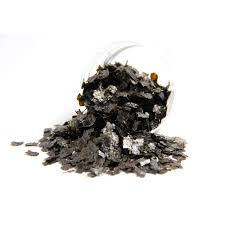








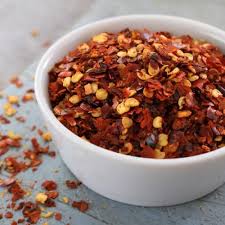











Comments